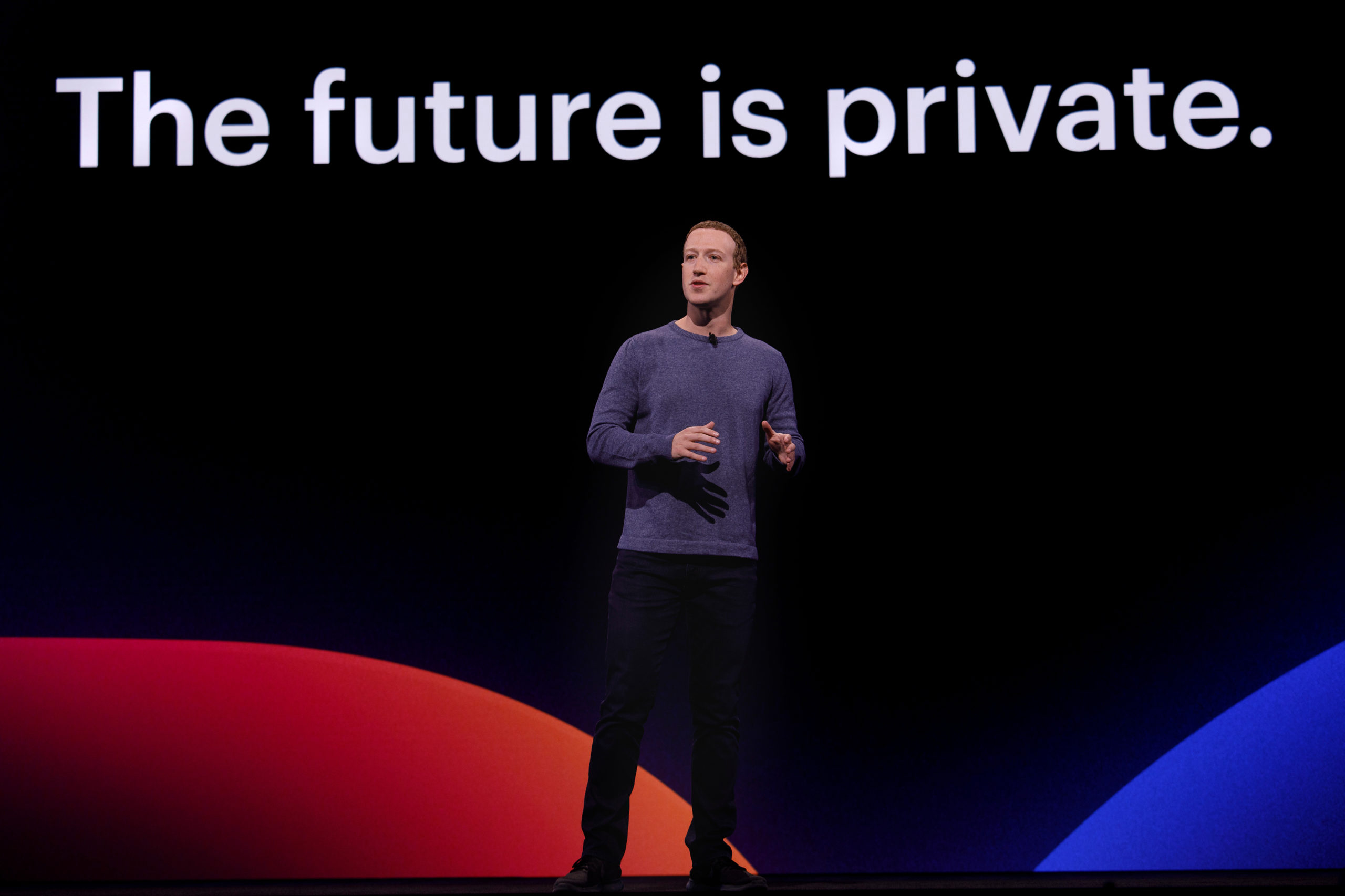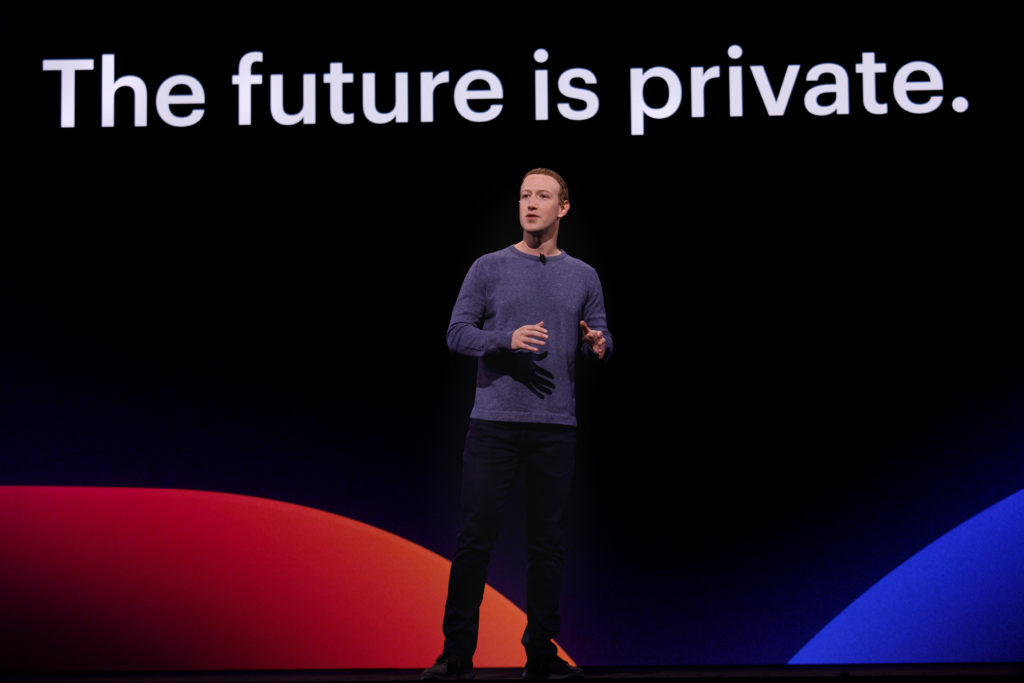
This week, Facebook CEO Mark Zuckerberg confirmed that the company’s next consumer product will be its Ray-Ban smart glasses. But details for the upcoming device have been extremely limited — until now.
In a statement to Mashable, a Facebook spokesperson provided some insight as to how the smart glasses will work:
“When we refer to always-available augmented reality glasses, we’re envisioning future devices with a built-in display to provide a digital overlay.
Smart glasses—which is what we’re building with Luxottica—will rely on an external display (e.g. phone), but start to show you what it’s like to be more present in the moment.”
Essentially, the Ray-Ban smart glasses won’t act as a standalone device. Instead, they’ll work in conjunction with a smartphone or another external display.
We already knew the device wouldn’t have an integrated display, as reported by The Verge last year. But there’s been some speculation as to how they’ll operate, leading many to wonder if they’ll function the same way Snapchat Spectacles or Amazon Echo Frames do.
And based on these recent comments, it seems they might actually be much more similar to those other smart frames than we’d previously thought. As with the Spectacles and Echo Frames, Facebook’s Ray-Ban smart glasses will allow you to stay connected (to whatever device that may be) without distracting you from your current environment.
Those worried Facebook will use this device as an opportunity to gather information on its users for its Project Aria AR glasses can relax… sort of. Facebook said its “Ray-Ban glasses are completely separate from Project Aria. They will not share data.”
Whether the company will use your smart glasses data for other Facebook hardware and services remains to be seen. The company said it would “share more info on capabilities and our data policies when we reveal the product.”
Considering Facebook’s track record — like that time it accidentally shared user data with thousands of developers and the infamous Cambridge Analytica incident in 2017 — you might want to hold off from buying a pair when they launch. Let’s just say that you’ll want to really read through the terms of service before deciding if you need these smart glasses.
We’ll find out soon enough later this year.







